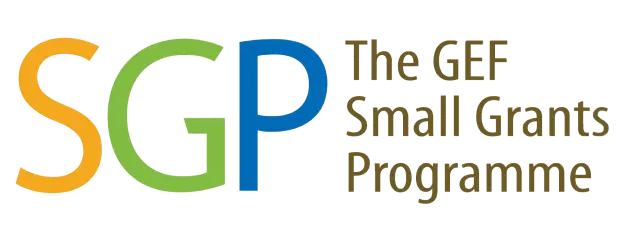NDOBALINEWS – Talking about a circular economy is closely related to 3 pillars, namely people, planet, profit.
A circular economy is based on the idea of placing value on all the resources involved in making a product and keeping those resources in circulation indefinitely.
This was explained in a Webinar held by Terasmitra with the theme “Circular Economy from the Eyes of Industry,” on Saturday, October 23 2021.
Suzy Hutomo (Executive Chairperson of The Body Shop Indonesia), one of the speakers in this webinar, said that people, planet, profit are 3 important pillars in a circular economy.
“By helping the earth through sustainable business, the environment will be cleaner and people will be healthier,” said Suzy.
He further said that this could start from yourself, adapting to what is available and affordable. And done consciously, confidently and happily, small things that are done consistently will become good habits.
Implementing a circular economy can be one solution to support sustainable industry as well as sustainable living.
“The first is awareness, don’t stop, and always try to find out more. “Today must be better than yesterday, and tomorrow must be better than today,” added Suzy again in a webinar hosted by Rahmi Fajar Harini from Amiga Bali and Rifqi Afdillah from Terasmitra.
Meanwhile, in another source, Rendy Aditya Wachid, Founder of Parongpong, said that he had implemented a circular economy with the aim of becoming the initiator of the Parongpong Zero Waste High Performance Habitat.
He said that the pandemic had opened the eyes of many people that waste could become a product. What Parongpong has done in processing waste includes collecting cigarette butts which are made into products such as pots and furniture, as well as ashtrays as a criticism of the habit of throwing cigarette butts carelessly.
Meanwhile, Paola Cannucciari from Eco Bali, which was founded in 2006 as a waste management service, said that with responsible waste management, all waste materials can be made into compost, then sorted for recycling. Eco Bali collaborates with waste banks in several villages in waste management.
“Circular economics should be implemented as a solution for managing waste materials. A person who buys goods should be responsible for waste material from the goods purchased. “Not only responsible to yourself, but also to other people and the natural environment,” explained Paola. ***

